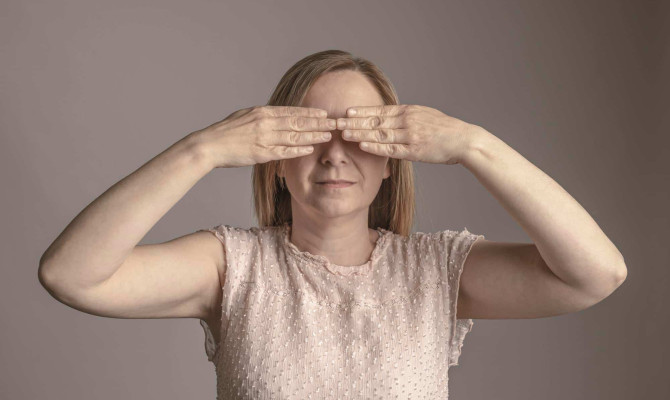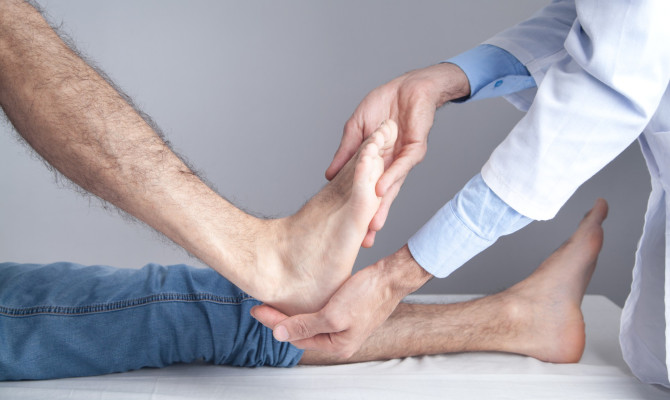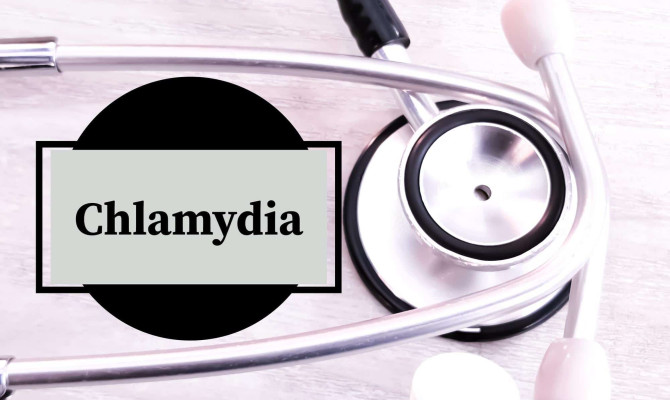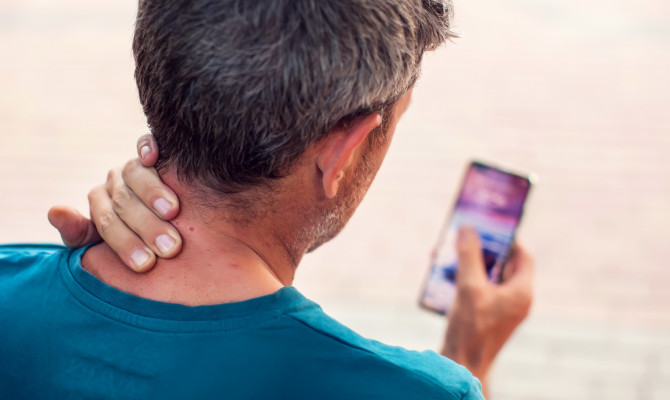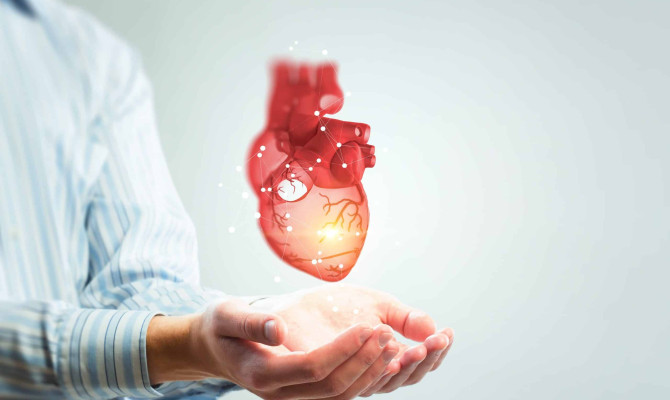Scratching The Surface: Understanding Why Bruises Itch

- Bruises
- 05 Oct 2023
Introduction
Bruise Itch
Bruises, those unsightly patches of skin discoloration that often result from bumps, falls, or injuries, are usually associated with pain and tenderness. However, what surprises many people is the maddening itch that sometimes accompanies these published blue marks. If you have ever wondered why a bruise suddenly becomes unbearable and itchy, you are not alone.
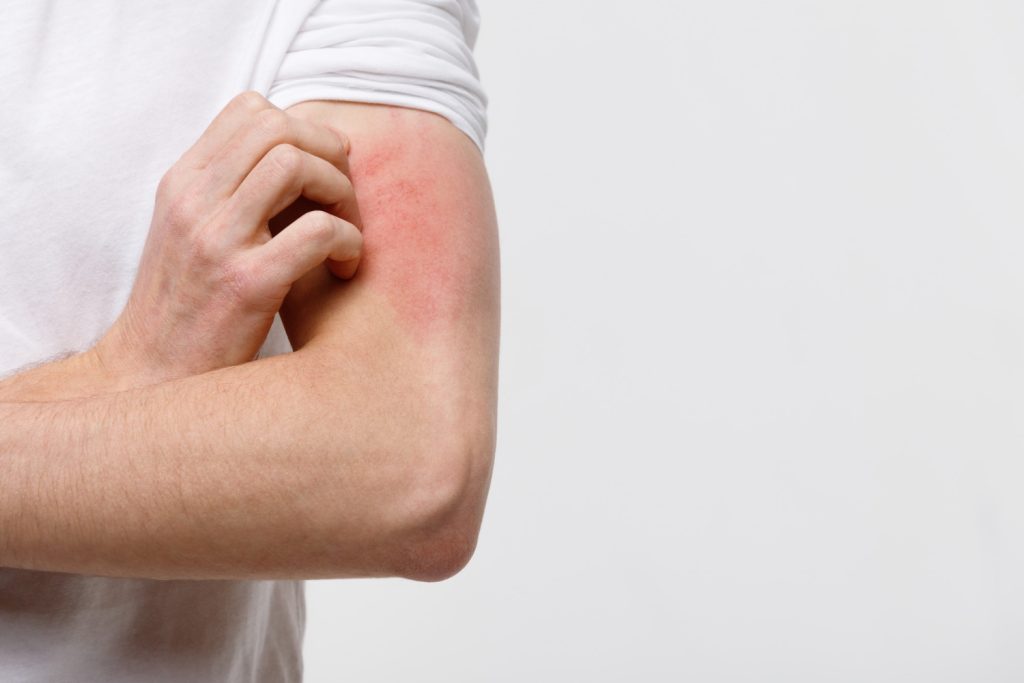
In this article, we will explore the world of bruise-related itching. We will explore the science behind this sensation, its potential causes, and, most importantly, what you can do to alleviate that nagging itch. So, if you have ever scratched your head (or a bruise) in confusion, read on to unravel why that happens.
What are Bruises?
- Bruises, medically known as contusions, result from damage to small blood vessels beneath the skin’s surface.
- Blood leaks into the surrounding tissue when these vessels break or rupture due to trauma or injury.
- This accumulation of blood creates the characteristic purplish-blue or black discoloration on the skin surface that we recognize as a bruise.
- They may be accompanied by discomfort and swelling, and they are tender to the touch.
- They change in color over time and disappear as the body reabsorbs the lead blood and heals the damaged blood vessels. 1 Introduction | Researched based study from National Institutes of Health
Symptoms
Symptoms of Bruises
Pain
- Bruises are often accompanied by pain, especially when touched or pressed. The pain results from the initial trauma that causes the blood vessels to rupture and from the pressure of accumulated blood beneath the skin.
Swelling
- Due to the body’s inflammatory response, it may happen in the vicinity of the bruised area. The injured tissue may become swollen and feel tender to the touch. 1 Symptoms | Researched based study from National Institutes of Health ,2 Symptoms | Researched based study from ScienceDirect
Types
Types of Bruises
Common bruises
- These are the typical bruises caused by minor injuries and trauma. The appearance published blue or black marks on the skin and go through color changes as they heal.
Hematoma
- There is a type of bruise where a larger pocket of blood collects under the skin. They often result from more significant trauma and can be pretty painful.
Petechiae
- They are tiny pinpoint bruises that result from small blood vessel ruptures. They appear as red or purple dots on the skin and may indicate an underlying medical condition.
Ecchymosis
- It refers to a large, widespread bruise that typically covers a more extensive body area. It can be a sign of more severe trauma or a bleeding disorder. 1 Types | Researched based study from National Institutes of Health
How do you know if a bruise is serious?
While the majority of bruises are innocuous and recover on their own, in some cases it is best to see a doctor:
Severe pain
- If a bruise is exceptionally painful, especially when accompanied by intense swelling, it may indicate a more severe injury, such as a fracture or internal bleeding.
Unexplained bruising
- If you experience bruising without any apparent cause or bruising easily and frequently, it’s essential to consult a healthcare professional. This can be a symptom of an underlying illness or a negative drug interaction.
Other symptoms
- Seek medical assistance if it is accompanied by other alarming symptoms like confusion or dizziness as it may be a sign of a serious medical emergency. 2 Types | Researched based study from ScienceDirect
Causes
What Causes Bruises?
Trauma and injury
- Bruises are most commonly caused by trauma or injury to the body. When force or impact is applied to the skin, the small blood vessels beneath the surface can rupture, leading to bleeding under the skin and the formation of a bruise.
- Common examples include bumping into objects, falling, or getting hit during sports activities.
Medical conditions
- Some medical conditions can make a person more prone to bruising.
- Diseases that affect blood clotting or the fragility of blood vessels can increase the likelihood of bruises forming even with minimal or no trauma.
- Such conditions include hemophilia, thrombocytopenia (low platelet blood count), and certain vascular disorders.
Medications and supplements
- Certain drugs and nutritional supplements may interfere with blood coagulation and increase the risk of bruising. Blood thinning medications like aspirin, warfarin, or antiplatelet drugs can increase the risk. Some herbal supplements and vitamins, such as fish oil and ginkgo biloba, can similarly affect blood clotting. 2 Causes| Researched based study from ScienceDirect
Development
How do Bruises Form?
Blood vessel damage
- Bruises develop when the blood vessels are damaged. When the body experiences a storm or injury, it causes these tiny blood vessels to break or rupture. This allows blood to leak out into the surrounding tissue.
Blood clotting process
- After the blood vessels are damaged, the body initiates a natural response to stop the bleeding and repair the injured vessels.
- At the site of the wound, platelets, a type of blood cell involved in clotting, assemble.
- They expel chemicals that aid in clot formation. This clot comprises platelets, fibrin (a protein involved in plot formation), and trapped red blood cells.
Color changes in bruises
- The appearance of a bruise changes over time due to the breakdown of hemoglobin, the oxygen-carrying pigment in red blood cells. Initially, it appears dark red or purple because of oxygen-rich hemoglobin.
- It transitions through various colors as the body metabolizes and reabsorbs the leaked blood. It may turn green, then yellow, and finally fade away completely.
- These color changes reflect the stages of healing as the body gradually removes the broken-down blood components. 1 Causes| Researched based study from National Institutes of Health
Risk
Risk Factors for Bruises
i) Age & Skin Vulnerability
Elderly individuals
- The protecting tissue in people’s skin thins and disappears as they age. This increases the risk of bruising even from mild bumps or friction because blood vessels are more vulnerable to injury.
Children
- Young children may also bruise more quickly due to their delicate and developing skin.
ii) Genetics & Family History
Hereditary factors
- The likelihood of bruising can be significantly influenced by a person’s genetics. Some people may inherit traits that make their blood vessels more fragile or their skin less resilient, making them prone to bruising.
Family history
- If you have a family history of easy bruising or bleeding disorders, you may be at a higher risk of experiencing frequent and unexplained bruises.
iii) Lifestyle & Dietary Factors
Medications
- Certain medications, especially blood-thinning drugs like aspirin, can increase the risk of bruising by affecting blood clotting.
Dietary habits
- Nutritional deficiencies, particularly a lack of vitamin C or K, can affect blood vessels and hinder proper blood clotting, potentially leading to more frequent bruising.
Alcohol and smoking
- Excessive alcohol consumption and smoking can adversely affect blood vessel health, making them more prone to rupture and bruising.
Trauma
- Engaging in activities with a higher risk of injury, such as contact sports or certain occupations, may increase the risk. 3 Risk Factors | Researched based study from Research Gate,2 Risk Factors | Researched based study from ScienceDirect
Itchy Bruise
Why does a Bruise Itch?
Inflammation
- When a bruise forms, it triggers an inflammatory response in the body. Histamines and other compounds that induce swelling and itching are released as a result of this reaction.
- Histamines, in particular, play a role in itching by dilating blood vessels and making the surrounding skin more sensitive.
Nerve stimulation
- As a bruise heals damaged blood vessels and tissue repair, the body sends pronounce to these areas. These nerve signals can sometimes be interpreted as itching sensations by the brain.
Skin tightness
- It may become dry or tight as it fits and the skin heals, leading to itching. This feeling is comparable to what dry skin would feel like.
Cellular changes
- The body actively removes blood breakdown products from the bruised area during the healing process. The cellular activity can contribute to itching sensations as the body clears away the remnants. 5 Risk Factors | Researched based study from Research Gate ,1 Risk Factors | Researched based study from National Institutes of Health
Treatment
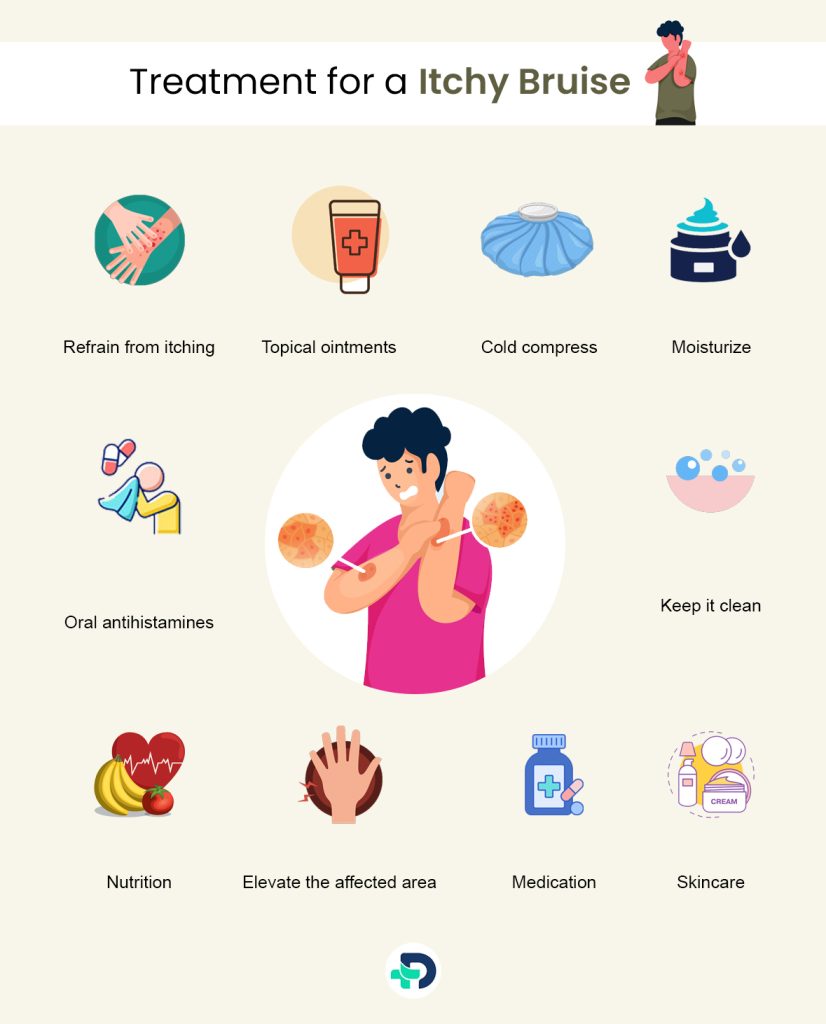
Treatment for a Itchy Bruise
It involves managing the itching while allowing the bruise to heal naturally. You can take the following actions to lessen the itching and encourage healing:
Refrain from itching
- Resist the impulse to itch the bruise. Scratching increases skin irritation and increases the risk of infection or further skin damage.
Topical ointments
- Over-the-counter anti-aging creams or ointments containing ingredients like hydrocortisone can be applied to the itchy area. Follow the product instructions carefully.
Cold compress
- Applying a cold compress for eyes wrapped in a cloth to the bruise for 10 to 15 minutes can help reduce itching and swelling. Place a barrier, such as a cloth or a towel, between the eyes and your skin to avoid frostbite.
Moisturize
- To assist reduce dryness and irritation, apply a mild, fragrance-free moisturizer to the affected area. Avoid applying moisturizer directly to open wounds or broken skin.
Oral antihistamines
- If it is severe and over-the-counter, an oral antihistamine like diphenhydramine (Benadryl) may provide relief. Before taking any medicine, speak with a healthcare provider or chemist, especially if you have underlying medical issues or are already taking other prescriptions.
Keep it clean
- Maintain good hygiene around the bruise to prevent infection. Cleanse the area gently with mild soap and water, pat it dry, and, if necessary, use an antiseptic.
Elevate the affected area.
- Elevating it can help reduce swelling and discomfort in an extremity.
Give it time
- It may take a few days to a few weeks for the bruise to completely go away, but keep in mind that it is a normal part of the healing process. Keep calm and let your body repair itself. 3 Treatment | Researched based study from Research Gate
Bruises in Children:
Bruises in children and older people require special considerations and caregiver tips to ensure their well-being. Here are some critical points for both age groups:
i) Special Considerations:
Active play
- Children are often active and may engage in rough play. Bruises from minor bumps and falls are common and usually not a cause for concern.
Child abuse awareness
- It’s crucial to be aware of the science of potential child abuse, especially if they appear in unusual or suspicious patterns. To guarantee the child’s safety, let the relevant authorities know about any worries.
ii) Caregiver Tips:
Child-proofing
- Create a safe environment by child-proofing the home and using safety Gates and age-appropriate toys.
Education
- Teach children about safety, such as navigating stairs, avoiding hazards, and using protective gear during sports and activities.
Supervision
- Provide adequate supervision, especially during activities with a higher risk of injury. 4 Treatment | Researched based study from National Institutes of Health
Bruises in the Elderly
i) Special Considerations:
Skin fragility
- Older people have thinner, more delicate skin, which makes them more prone to bruising from mild pressure or bumps.
Medication
- Many elderly people use drugs that may interfere with blood coagulation and raise the risk of bruising.
ii) Caregiving Tips:
Fall prevention
- Take steps to prevent falls by getting rid of trip hazards, adding handrails and utilizing mobility aids as necessary.
Regular checkups
- Scheduled regular checkups with Healthcare professionals to monitor medication side effects, nutritional status, and overall health.
Skincare
- Maintain proper skin care to prevent dryness and skin damage.
Nutrition
- Make sure your diet is balanced and full of vitamins and minerals to support healthy skin.
Medication adjustments
- Maintain a record of your prescriptions, dosage recommendations, and any potential side effects. Contact healthcare providers about medication adjustments if necessary. 4 Treatment | Researched based study from National Institutes of Health
FAQs
Frequently Asked Questions on Bruise Itch
Q. How long should a Bruise itch?
- It is a typical symptom that is connected to a group and can continue from a few days to a few weeks while it cures.
Q. Does itching mean healing or infection?
- Itching around a bruise is typically a sign of healing as the bodies inflammatory responses at work to repair the damaged tissue.
Q. How do you know if a bruise is healing properly?
- Properly typically follows a predictable pattern shows redness, color changes, decreased pain, fading color, swelling reduction and itchiness.
Q. How long do bruises take to heal?
- The length of time it takes for a bruise to heal might vary based on a number of variables, such as the injury’s severity, your general health, and the location of the bruise on your body. In most cases it will continue to fade and eventually disappear within 2 to 4 weeks. Depending on several conditions, the precise timeframe may change.
Any feedback on this article?
 This Articles content was accurate
This Articles content was accurate Very Informative Article
Very Informative Article I have a question or a comment
I have a question or a comment
 This article contains inaccurate content
This article contains inaccurate content This article was not helpful
This article was not helpful I have a question or a comment
I have a question or a comment
We appreciate your helpful feedback!
Checkout our social pages
References
-
National Institutes of Health
Introduction | Symptoms | Types | Causes | Risk Factors
-
ScienceDirect
Symptoms | Types | Causes | Risk Factors
-
Research Gate
Risk Factors | Treatment
-
National Institutes of Health
Treatment
-
Research Gate
Risk Factors












